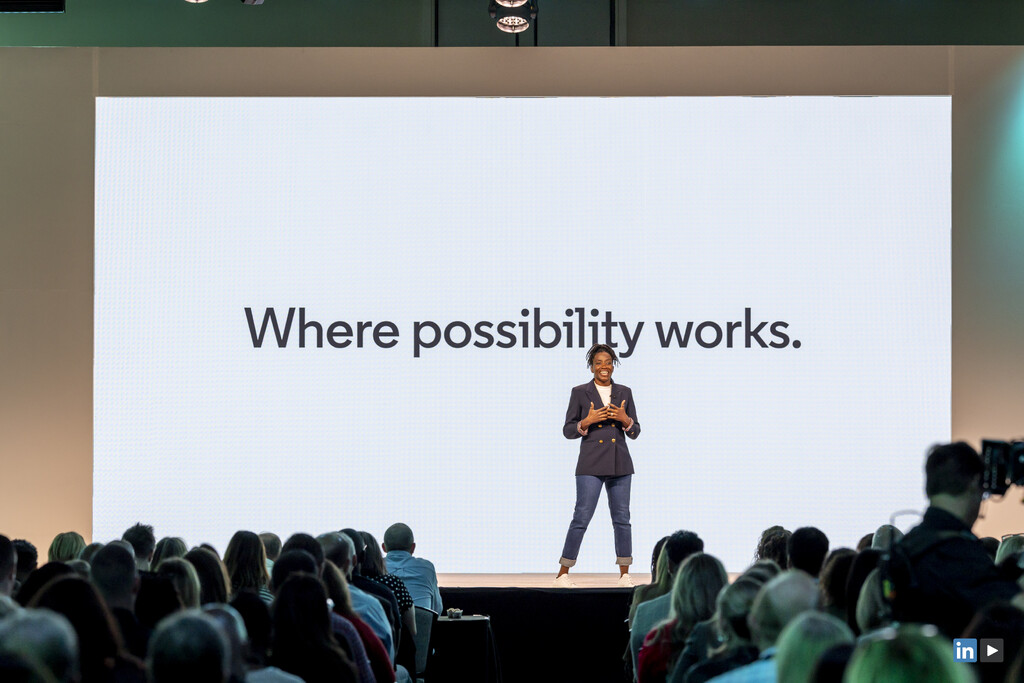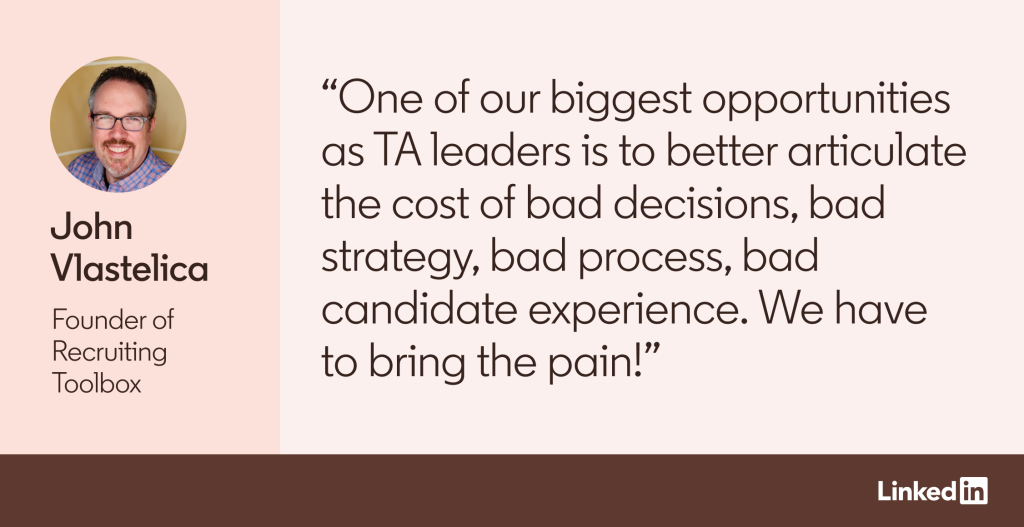Bias in interviewing is a massive problem. Not only does it trample your DEI goals, it leads to terrible hiring decisions — hiring the person you like vs. the person who can get the job done.
How do you know if you are bringing bias into an interview? Here’s an easy test. Put your fingers on the side of your neck, just under your jawline. Do you feel a pulsation of blood flow? If so, you are definitely bringing your biases into your interviews.
There’s no such thing as eliminating bias. There is only mitigating it.
We’ve worked with thousands of founders, leaders, and investors over the years to help them identify and remove potential sources of bias. Here’s a short list of tools and tactics, from the simple to the game changing.
The Straightforward Stuff
1. Establish clear, objective criteria for performance in each role ahead of time. Focus on what needs to be accomplished vs. what kinds of backgrounds you prefer.
2. Use the same interview guide (question list) with every candidate for a given role. “Winging it” is a massive, brightly lit invitation to your biases.
3. Disguise the names of the school(s) your candidates attended when circulating resumes. Stop fawning over Ivy League names and stop high-fiving folks from your alma mater.
4. Remove objects that reflect your niche personal interests from your chosen interview room or videoconferencing background. Similarly, avoid talking about those interests during small talk. Candidates who resonate with your interests will get a subconscious “bump.”
The Big Guns
5. Give everyone on your interviewing team a specialty. Free each interviewer to go deep on certain aspects of the role in question vs. trying to cover it all. If they try to cover everything, they will fill in the blanks with their biases.
6. Similarly, stop asking interviewers to give you a hire/no hire recommendation after their interview — full stop. Nobody should pass judgment (especially a “yes”) until they’ve seen the full fact base from the rest of the team.
7. Eliminate subjective commentary from candidate reviews (written or live). No more “I can just see them doing X well” or “I really like how they answered this question.” What are the facts of their skills and performance?
8. Take lots of notes. AI transcribers can help you get the facts down if you struggle to type fast. But if you can take notes yourself, do it — this also keeps your mind focused on the dialogue itself vs. your impressions and judgments.
Jordan Burton has 17 years of experience as an executive assessor and interviewing trainer, working with top VC/PE investors and high-growth startups to help them hire the best of the best. He has trained thousands of founders, leaders, and investors on hiring and interviewing skills. He leads Talgo’s business development initiatives, managing relationships with Sequoia Capital, TH Lee, Palantir, Scale AI, and over 50 venture-backed startups.










